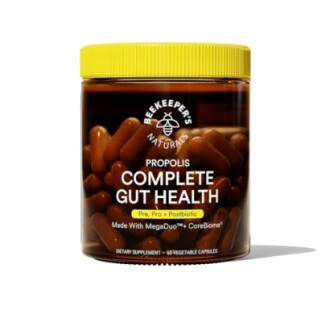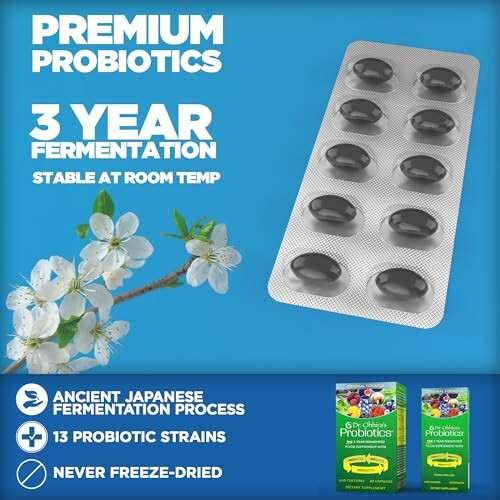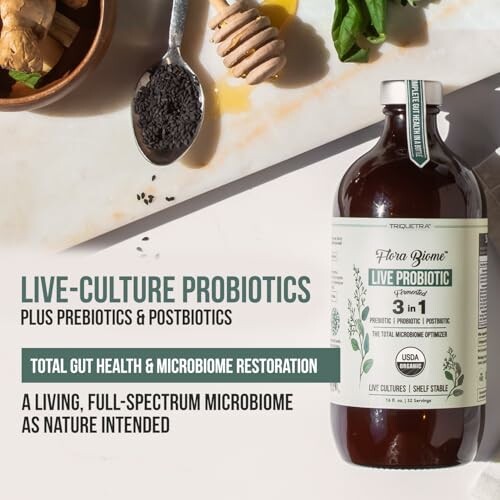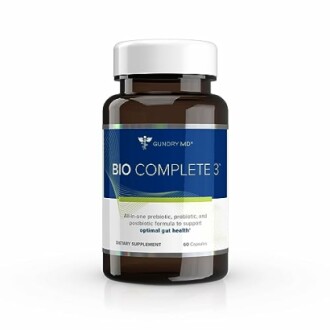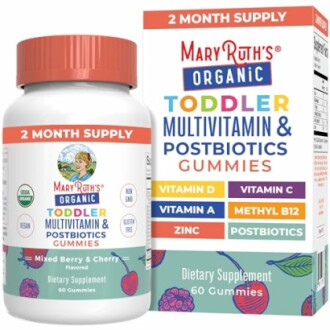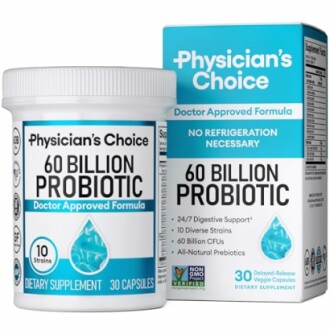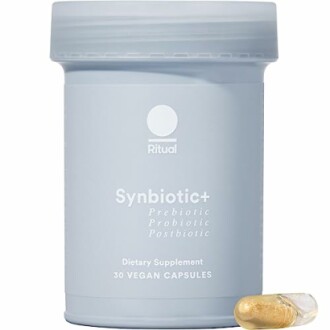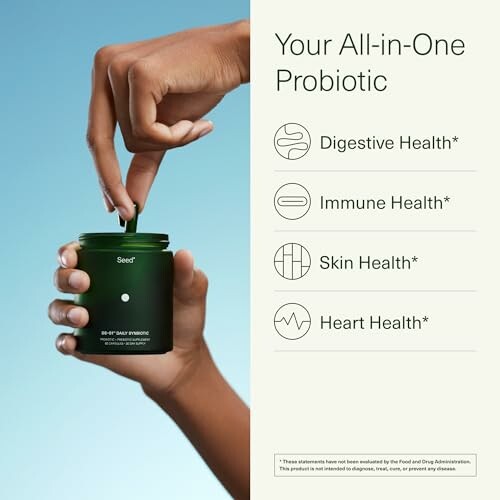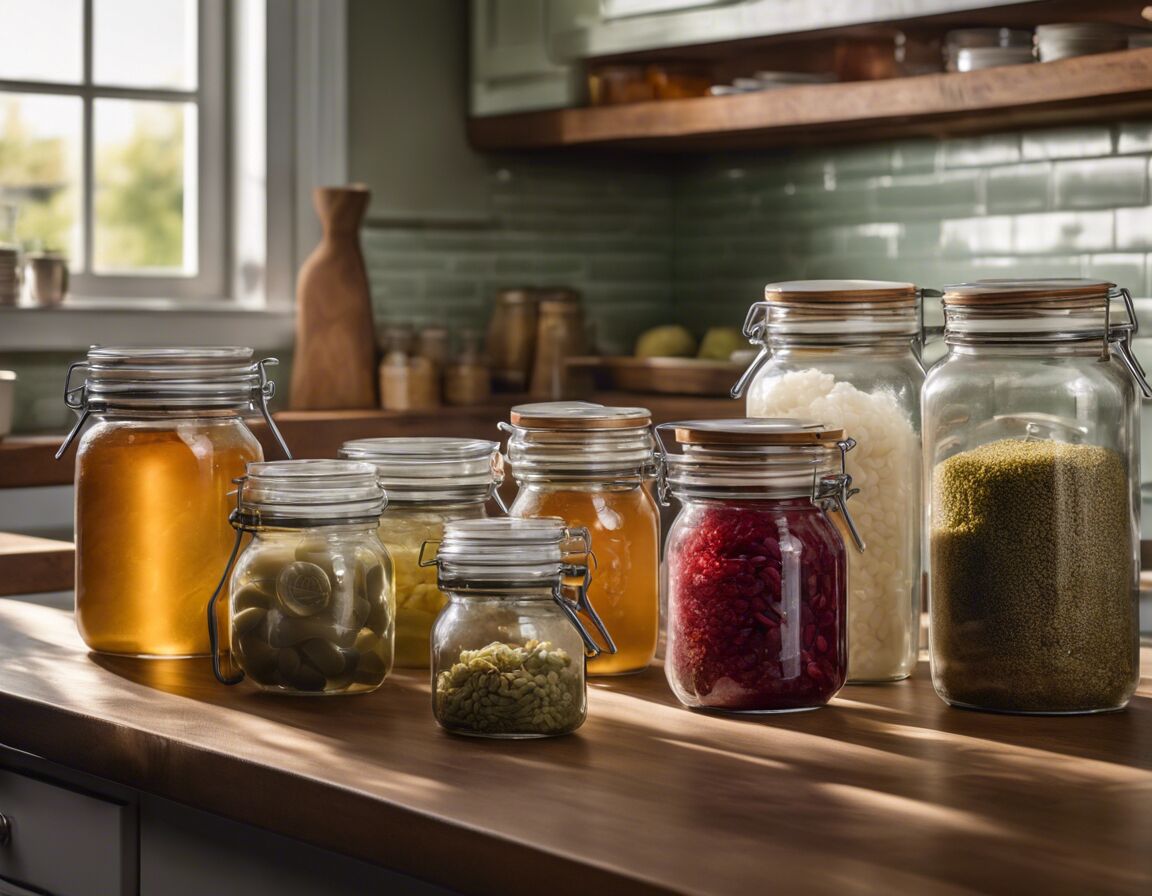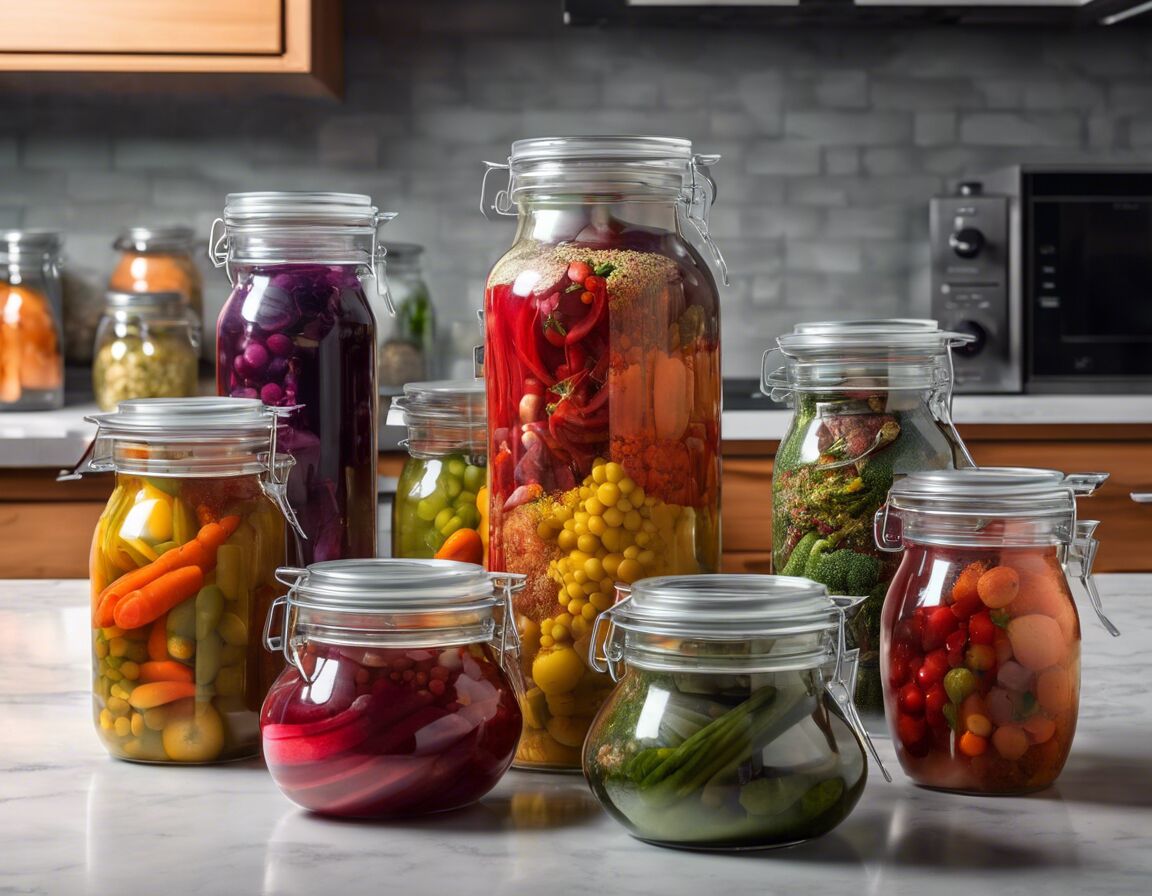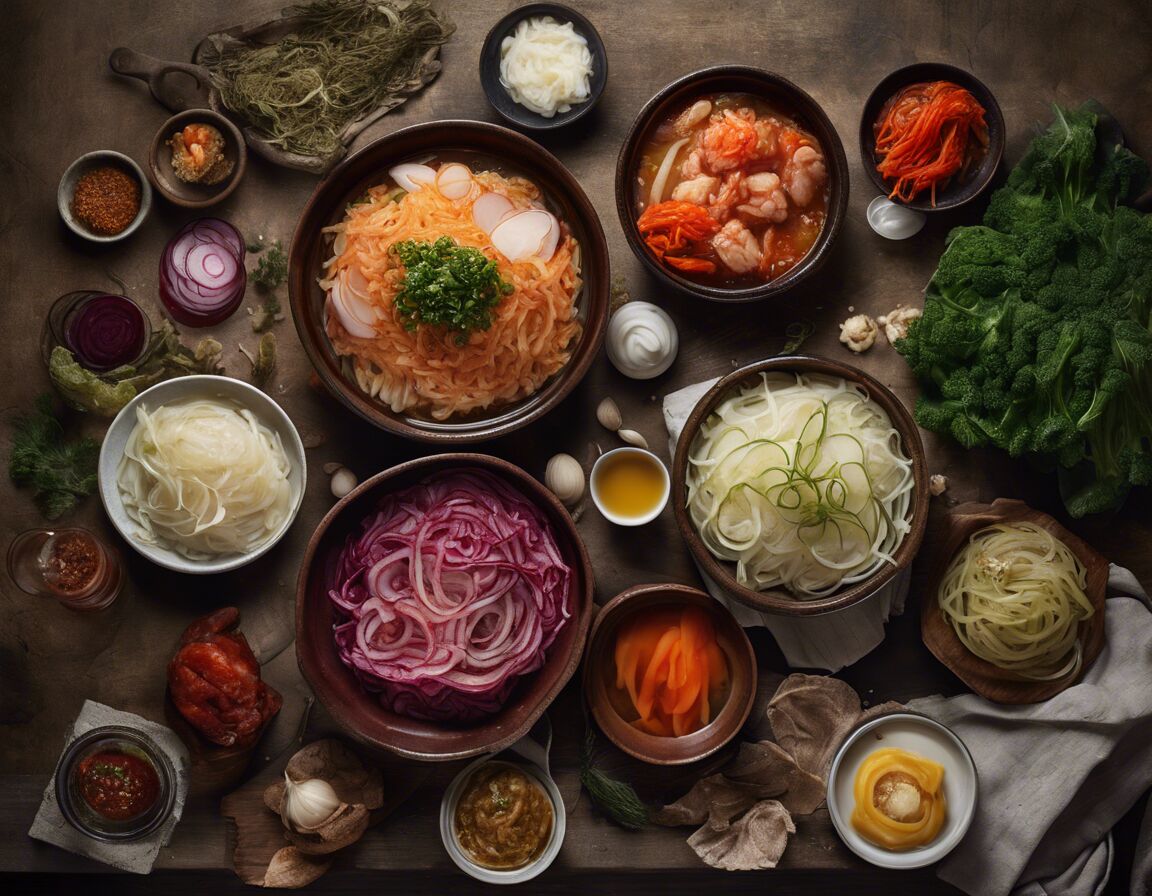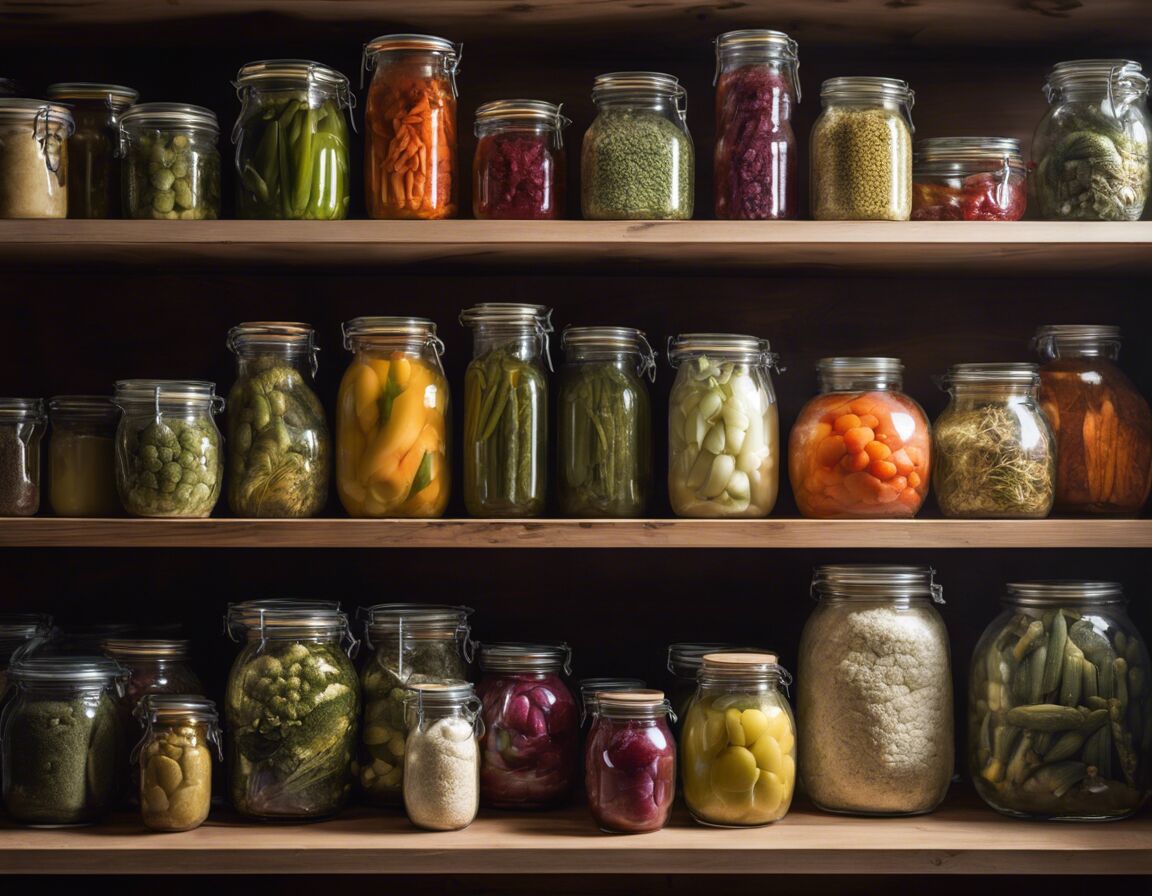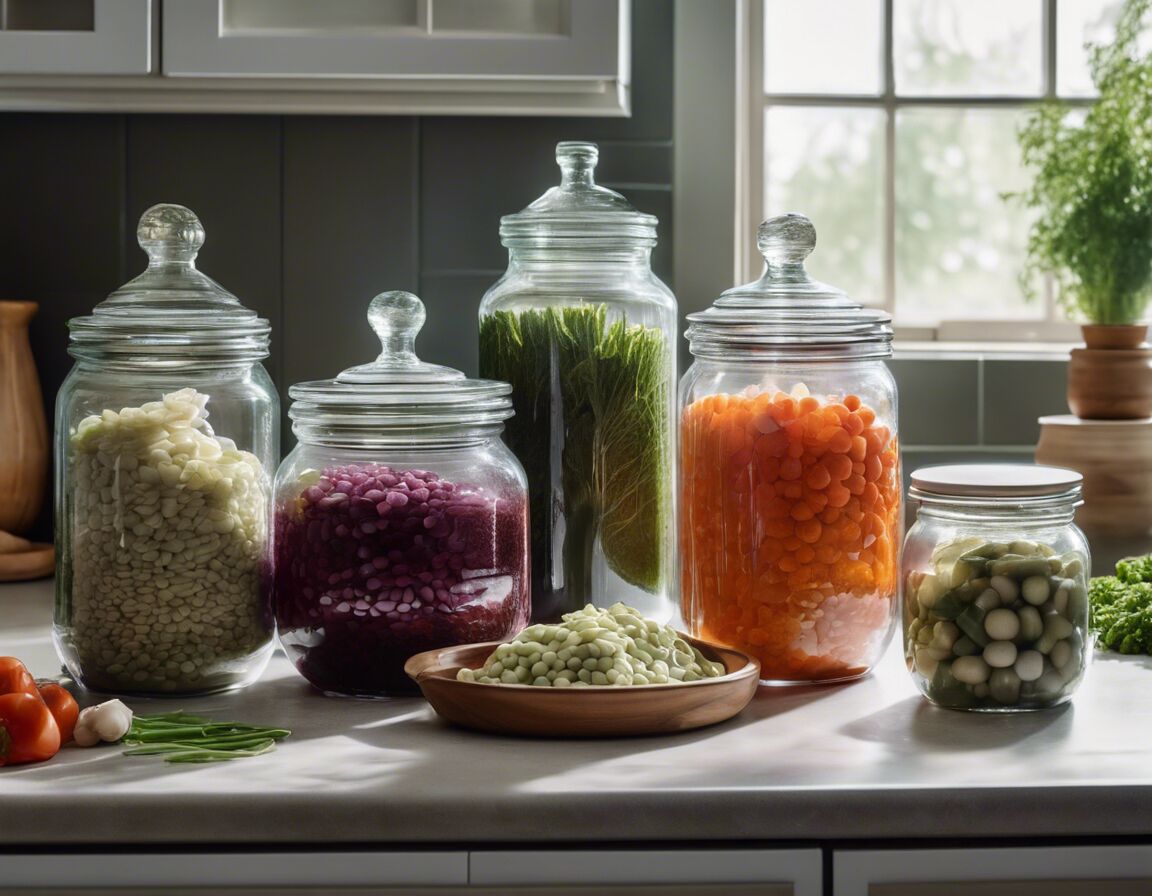Gut Health
Probiotics, Postbiotics, and Fermented Foods: The Gut Health Connection
In recent years, gut health has become a hot topic, and for a good reason! A healthy gut is essential for overall well-being, and understanding the role of probiotics and postbiotics can help you improve digestion, boost immunity, and enhance your health. One of the easiest ways to introduce both probiotics and postbiotics into your diet is by consuming fermented foods, especially those you can make at home.
What Are Probiotics?
Probiotics are live beneficial bacteria that reside in your gut and help maintain a healthy balance of microorganisms. These "good" bacteria aid in digestion, produce vitamins, and help prevent harmful bacteria from taking over. Popular sources of probiotics include yogurt, kefir, sauerkraut, and kimchi—all of which can be easily made at home.
What Are Postbiotics?
Postbiotics are the beneficial byproducts produced by probiotics after they digest food in your gut. These include substances like short-chain fatty acids (SCFAs), vitamins, and enzymes. Postbiotics offer a host of health benefits, including reducing inflammation, improving digestion, and supporting immune function.
How Do Fermented Foods Help?
Fermented foods like kimchi, kombucha, sauerkraut, and miso are packed with probiotics, which naturally produce postbiotics during fermentation. By making your own fermented foods at home, you can easily boost your intake of both probiotics and postbiotics, leading to better gut health.
Why Ferment at Home?
- Customizable flavors: You can control the ingredients and flavors of your homemade ferments.
- Cost-effective: Fermenting foods like vegetables or yogurt at home is cheaper than buying pre-made probiotic supplements.
- Maximized freshness: Home fermentation ensures the bacteria are alive and active, which is essential for gut health.
Conclusion
Understanding the connection between probiotics, postbiotics, and fermented foods is key to maintaining a healthy gut. By making fermented foods at home, you’re not only creating flavorful additions to your meals but also nurturing your digestive health in a natural and effective way.
